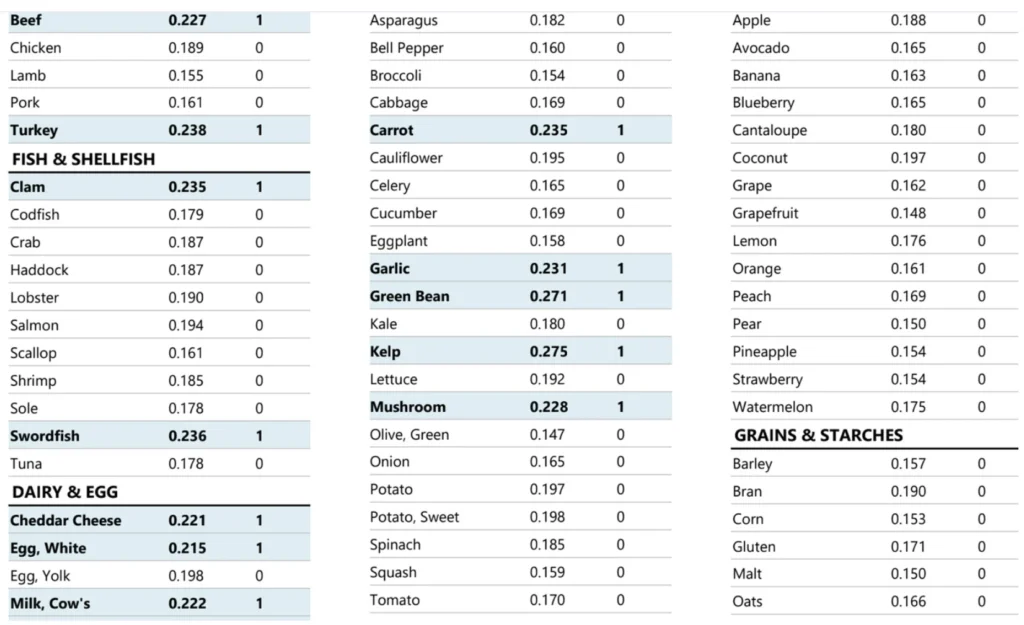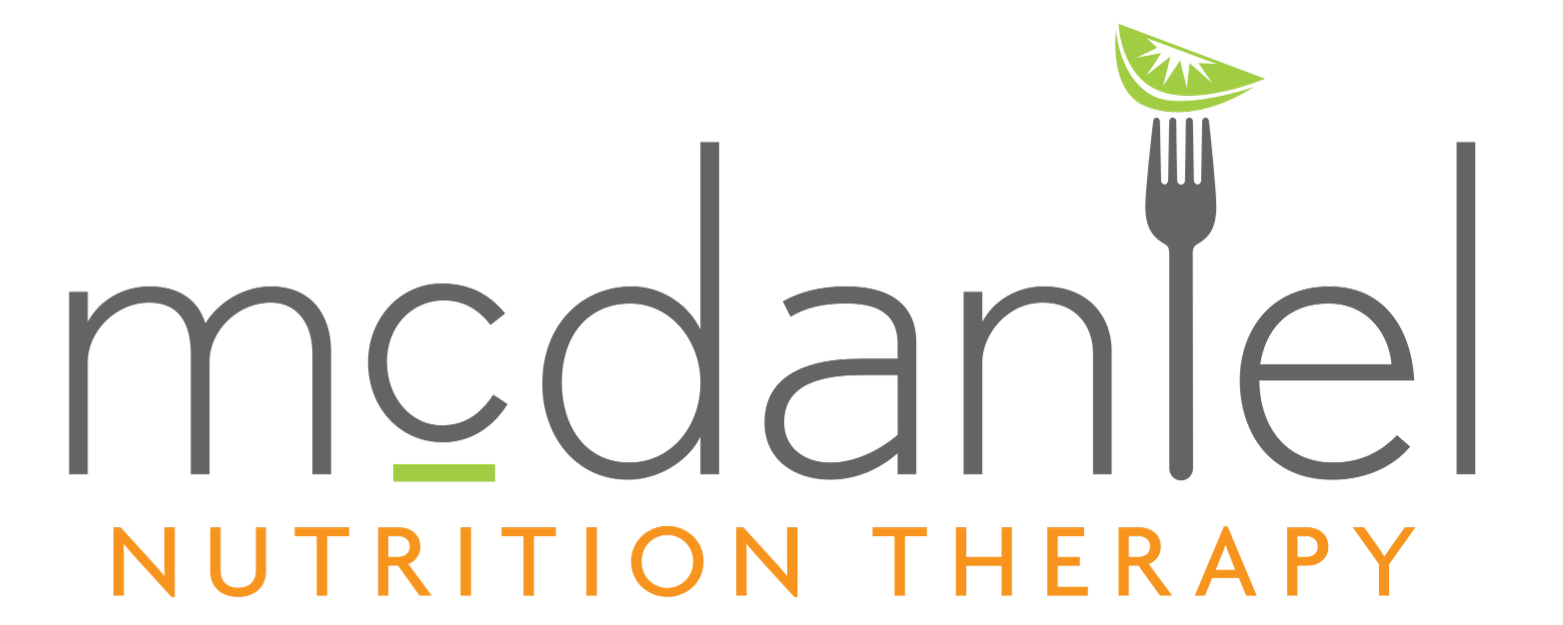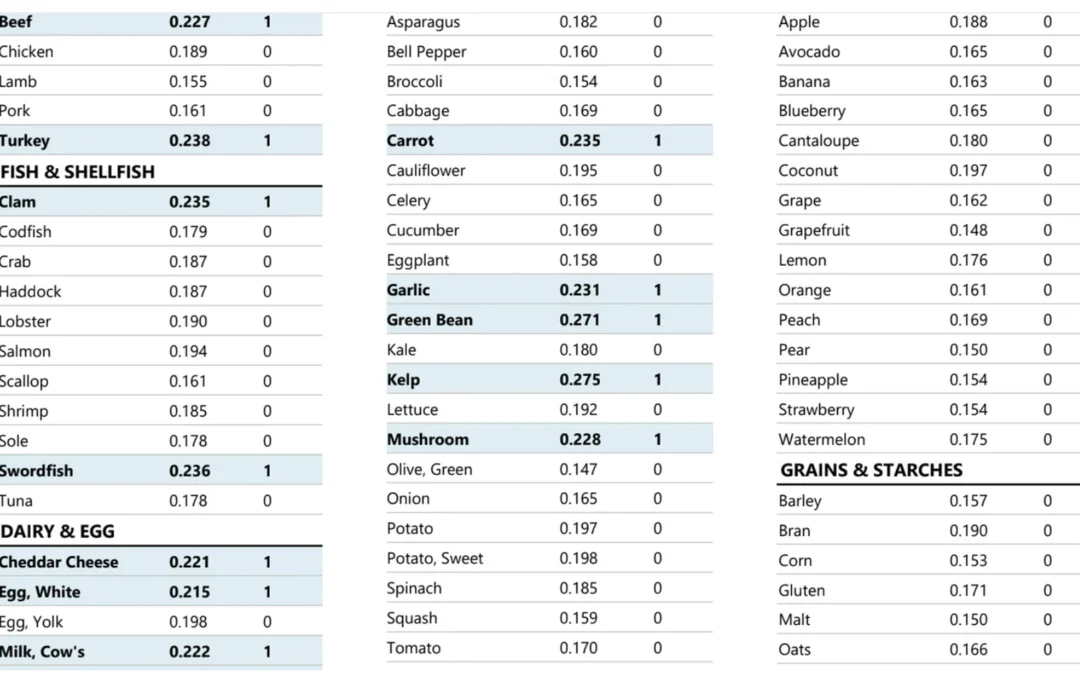As a dietitian who specializes in gut health, I often have clients come in with results from food sensitivity tests—usually accompanied by a mix of relief and overwhelm. It’s understandable; they want solutions for persistent gut issues or are looking to uncover hidden food sensitivities. But while they’ve finally got data, the list of “avoid” foods is often long and daunting. I hear things like, “I love this food, and now I’m not supposed to eat it!” or, “I’ve eaten this my whole life without issues—how could it suddenly be a problem?”
With the surge in at-home health tests, food sensitivity testing can seem like an easy next step, especially if you’re experiencing digestive issues, fatigue, or other symptoms that make you think, Could it be something I’m eating? Many of these direct-to-consumer (DTC) tests promise clear answers, but the science behind them tells a more nuanced story.
If you’re curious whether food sensitivity testing is worth exploring, this newsletter will dive into the research, sharing insights from my experience and what other trusted experts have to say.

Let’s Start with the Difference Between Food Sensitivity and Allergy
Food sensitivities or intolerances are quite different from food allergies. A food intolerance is when your body struggles to digest or absorb certain foods. This can lead to symptoms like bloating, inflammation, or even brain fog. In contrast, a food allergy involves an immune response that can cause severe reactions, including life-threatening anaphylaxis, and requires strict avoidance of the allergenic food. While food sensitivities can be uncomfortable and disruptive, allergies are more serious and demand reliable, accurate testing—something food sensitivity tests aren’t designed to provide.
What Do Food Sensitivity Tests Measure?
Most food sensitivity tests measure something called IgG (Immunoglobulin G) antibodies. IgG is one of the antibodies your immune system naturally produces in response to food exposure. Here’s the catch: the presence of IgG antibodies don’t necessarily indicate an allergy or intolerance. In fact, research suggests that IgG antibodies often reflect normal, healthy exposure to food. So really, the test is likely to pick up any foods you eat regularly, not necessarily those that are problematic for your body.
For more information on why IgG tests are not considered reliable for diagnosing food sensitivities, check out this explanation from the American Academy of Allergy, Asthma & Immunology (AAAAI).
Why IgG Levels Aren’t a Reliable Indicator of Food Sensitivity
- IgG Responses Are Normal: IgG antibodies are part of your immune system’s routine response. Having a positive IgG test for a food isn’t unusual. It’s completely expected! In fact, research suggests that high IgG levels might even indicate tolerance, not intolerance, particularly as our bodies develop.
- No Medical Authority Recommends IgG Testing for Food Sensitivity: Major organizations like the American Academy of Allergy, Asthma & Immunology (AAAAI) and the European Academy of Allergy and Clinical Immunology (EAACI) don’t support IgG testing for food sensitivities. These groups actually warn against using these tests for making food-related decisions.
- IgG Levels Don’t Correlate with Symptoms: No solid research links IgG levels to food sensitivity symptoms. High IgG results aren’t necessarily a red flag; they may just mean your body has encountered certain foods before.
- Inconsistent Results: A reliable test should deliver consistent results over time, but IgG food sensitivity tests often don’t. Many people who retake these tests end up with a completely different list of “problem foods” each time, leading to more confusion than clarity.
The Downside of Food Sensitivity Tests
It’s understandable that food sensitivity tests are appealing, especially when they promise quick answers. But these tests often lead to unnecessary food restrictions, which can be stressful and challenging to maintain. Excluding multiple foods without clear evidence of intolerance may result in a restrictive diet lacking a variety of nutrients, which could contribute to disordered eating patterns.
Is There An Alternative?
If you suspect a food allergy or intolerance, working with a healthcare professional is key to getting accurate answers. A guided elimination diet with a registered dietitian is a reliable approach to pinpoint true sensitivities. They can help you systematically remove and reintroduce foods. Alternatively, consulting with an MD, allergist, or immunologist can help you explore other diagnostic options. These specialists can provide clinical allergy testing, such as skin prick or blood tests. These tests are are scientifically validated for identifying food allergies or intolerances. This combined approach ensures you’re guided by evidence-based methods and professional expertise, helping you avoid unnecessary restrictions while effectively managing any real sensitivities.
Embracing a Balanced, Evidence-Based Approach
In a world where quick fixes are appealing, it’s easy to get lured in by promises of answers from tests like these. But food sensitivity testing with IgG doesn’t provide the clarity we’d hope for. Instead of relying on IgG tests, trusting your body’s signals and working with qualified professionals can give you a healthier, more sustainable path forward. Your health journey deserves evidence-based guidance.

